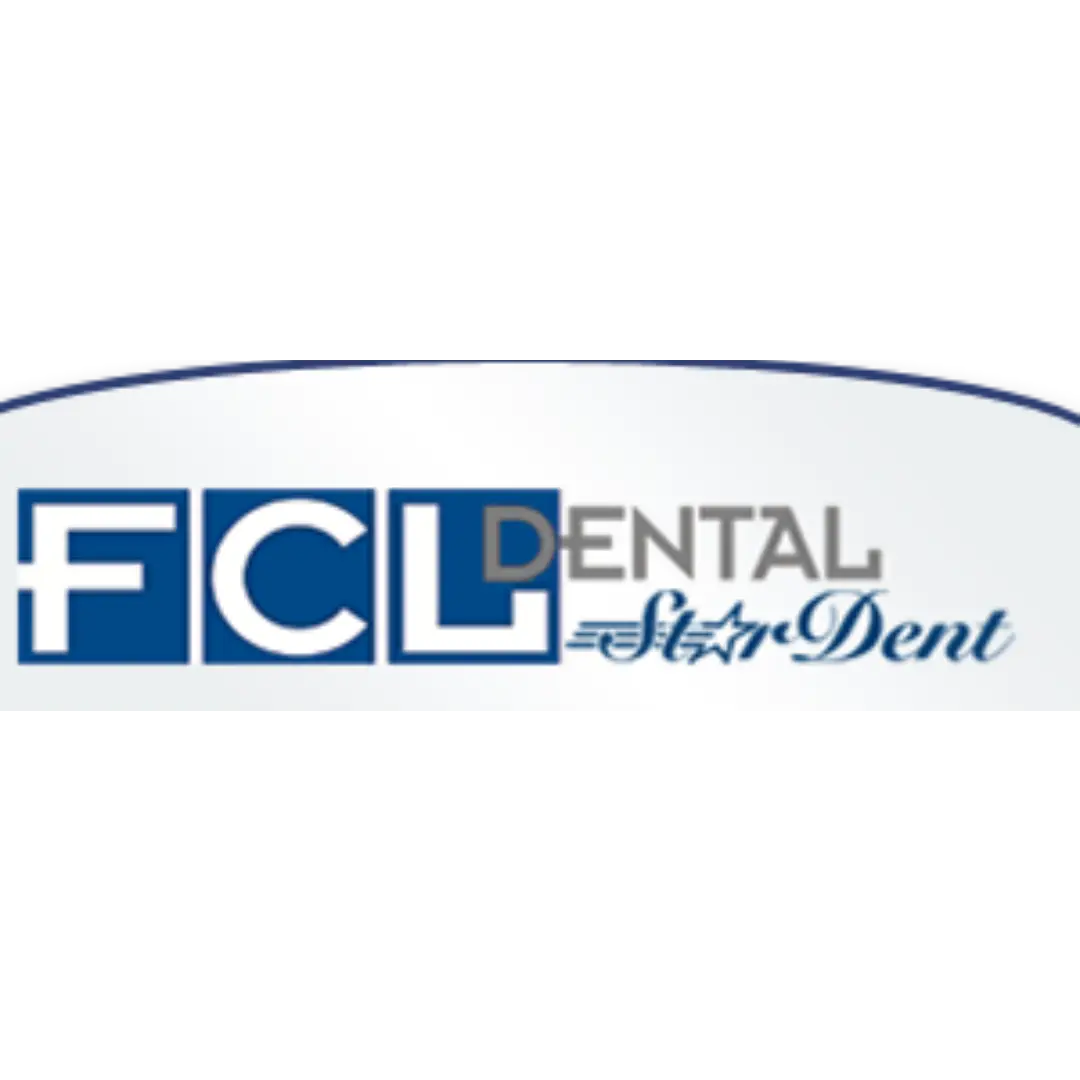Pediatric dentistry is a dental specialty that specializes in providing oral care services and procedures to children from the infant stage through their teenage years. A pediatric dentist is qualified and experienced in caring for children’s teeth, mouth, and gums in any childhood stage. To become a certified pediatric dentist, you must first complete four years in dental school. This is followed by an additional two-year residency training program in dentistry for teens, children, infants, and special needs children.
Most kids get their temporary teeth at around six months, and they lose the temporary set by the age of six to seven years. Permanent teeth, then replace the baby teeth. Without good dental care, your child may suffer tooth decay, leading to future dental diseases. Oral diseases that have progressed to late stages can be difficult to treat and puts one at risk of losing their teeth. As a result, the American Dental Association recommends taking your child to a pediatric dentist near you as soon as their first tooth erupts.
Charm Dental – Spring offers pediatric dentistry services. Please book an appointment with our pediatric dentist in Spring, TX, for your kid’s oral checkup and exams.
Table of Contents
How Do I Prepare My Child for The Dentist?
It is normal for a child to be anxious and tense during their first dental visit. Unfortunately, this can sometimes hinder the dentist from performing tasks at ease. Below are some tips that can help ease the child’s nerves and help them relax at the dentist’s office.
- Pick the right pediatric dental office.
Taking your kid to a pediatric dentist improves the chances of a better outcome as they are trained to handle kids better than a general or family dentist. Pediatric dental offices are also equipped with an enabling environment that consists of colorful drawings, paintings, and toys. This makes it easier for kids to relax and less anxious as they get more comfortable.
Remember to check the practitioners’ credentials to make sure they are certified to practice by the state. Read the online reviews from those who have gone there to learn more about the quality of their services, waiting time, and staff ethics.
- Establish a positive talk when your child asks questions about the appointment
It is possible for the parent to pass their dental anxiety to the kid, so even if you still get chills from dental visits, try to compose yourself when you’re with a child. Try to keep your response simple when your kid asks a question about the visit. Let them know that the dentist is going to count and check their teeth to make sure they are healthy. Positive reinforcements and praising their bravery will make them confident and less anxious.
- Try reading a book or two about dentists and dental visits
Reading books about a visit to the dentist can help get the child ready as it gives them positive thoughts.
- Pick the right time for the dental appointment
It would be best to take your child to the dentist when there are in a good mood. Young children normally feel fresh and joyful in the morning hours. Good sleep also makes them energetic, which is the best time to take them to the dentist. Avoid scheduling visits at the end of the day or close to your child’s nap time, as they can be cranky or groggy at such times.
- Bring a familiar friend
Taking your kid’s beloved friend or a favorite toy or stuffed animal with you for their dental appointment will make them feel secure and safe.
What is The Main Goal of Pediatric Dentistry?
Pediatric dentistry’s main objective is to enable kids to attain good dental health in their lives. This is implemented by the provision of preventive care, early diagnosis and treatment of oral diseases, and by helping children develop healthy dental hygiene practices.
Some of the comprehensive dental health care services offered by a pediatric dentist in spring include:
- Early assessment for teeth misalignment and improper bite
- Treatment of misaligned teeth and correction of bad orthodontics
- Infant dental exams, including a risk assessment for cavities
- Restorative procedures like dental cavity repairment
- Care for oral injuries and dental emergencies
- Gum disease management




























